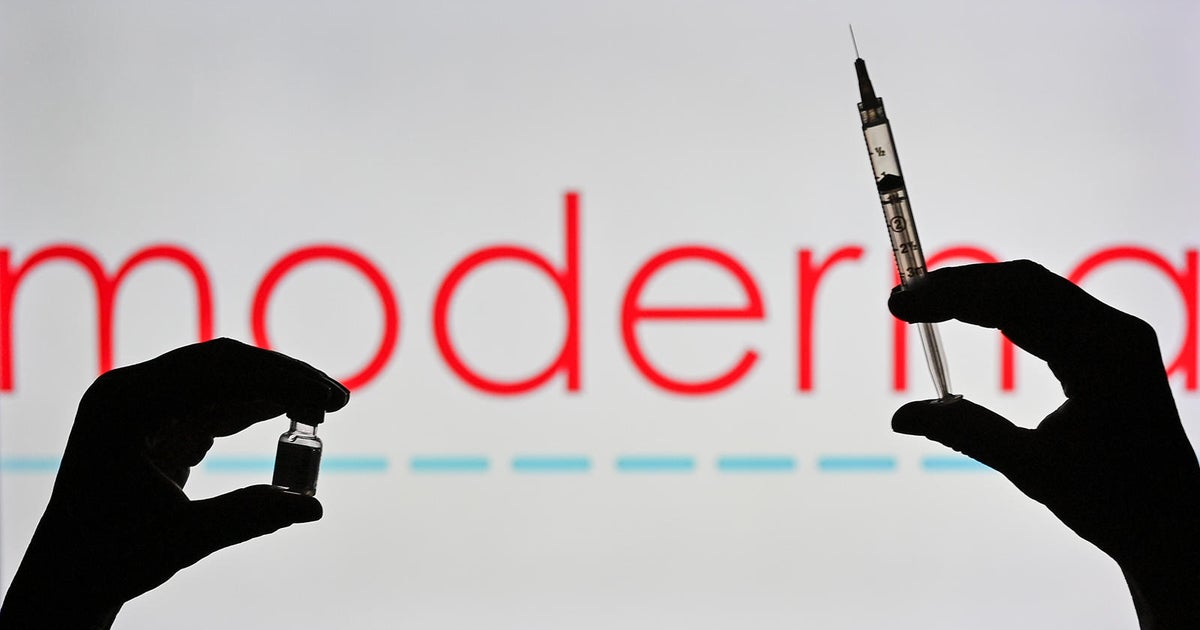One year after FDA authorized Pfizer's COVID vaccine, cases are on the rise
Saturday marks one year since the Food and Drug Administration authorized Pfizer's COVID-19 vaccine — the first of three COVID-19 vaccines now in use in the United States.
During that time, more than 480 million shots have been administered, and just over 60% of eligible Americans are fully vaccinated. But even with those protections, case numbers have gone up 22% in the past two weeks.
Confirmed COVID cases showed up this week at an average rate of 120,000 per day, according to the U.S. Centers for Disease Control and Prevention. Ninety-nine percent of those new cases are from Delta variant, not Omicron.
The hope is that current vaccines will also be effective in beating back the Omicron variant.
But government officials are still preparing for the worst.
In New York, Governor Kathy Hochul issued a statewide indoor mask mandate on Friday. Anyone entering a New York business that does not have a vaccination policy is required to wear a mask.
Hochul said now is the time to take action to stop the spread of the Omicron COVID variant.
"We're entering a time of uncertainty and we could either plateau here or our cases could escalate beyond control," said Hochul.
More Omicron variant cases surfaced this week, with at least 75 known cases in 25 states. The CDC analyzed 43 of those cases and found nearly 80% of the people afflicted are fully vaccinated.
Additionally, CDC Director Dr. Rochelle Walensky said there was a pattern in the cases studied.
"Over half were between the ages of 18 and 39 and about one-third reported international travel before they were diagnosed," she said.
Dr. Anthony Fauci, director of the National Institute of Allergy and Infectious Diseases and chief medical advisor to the president, continues to urge people to get vaccinated and get booster shots to protect against the virus.
New cases increased some 37% since last week — pushing case numbers up in 44 states.
Case numbers continue to compromise health care delivery in some places, according to St. Joseph County deputy health officer Dr. Mark Fox.
"Not just the ability to treat COVID patients, but the ability to treat everything else," he said. "There are surgeries being delayed for cancer, for a heart valve, for everything you can think of, and a number of patients who are boarding in the emergency room waiting for beds, so the system is really stressed right now," said Fox.
A survey of 250 hospitals from across the country shows that unvaccinated COVID patients are eight times more likely to require hospitalization than vaccinated people.



